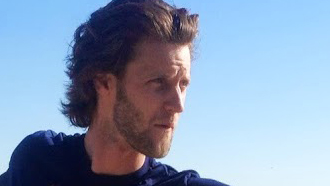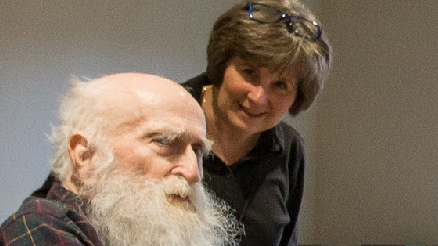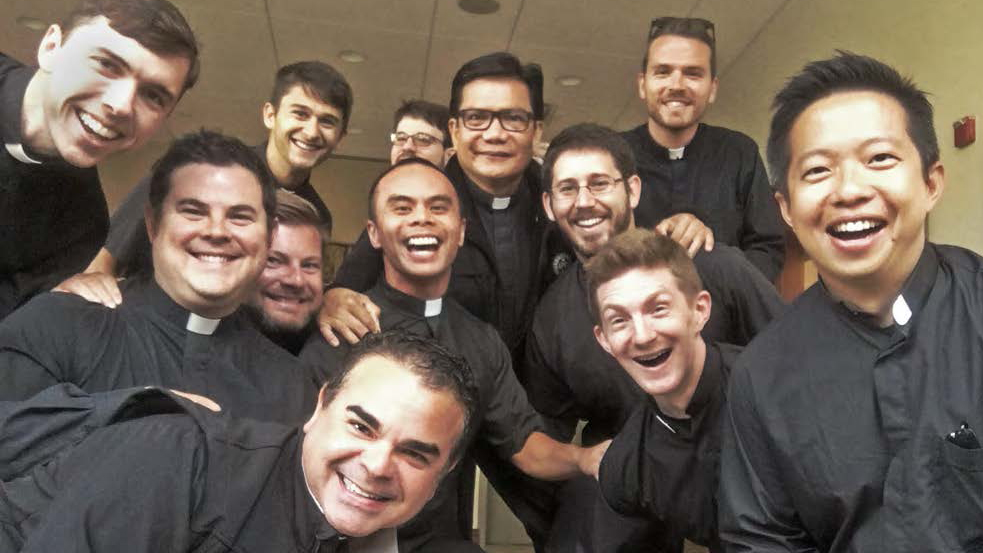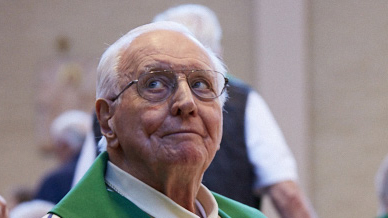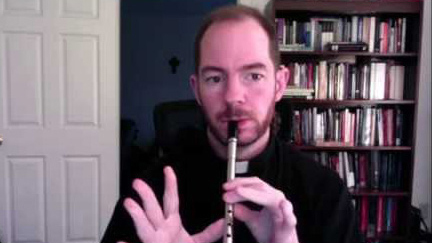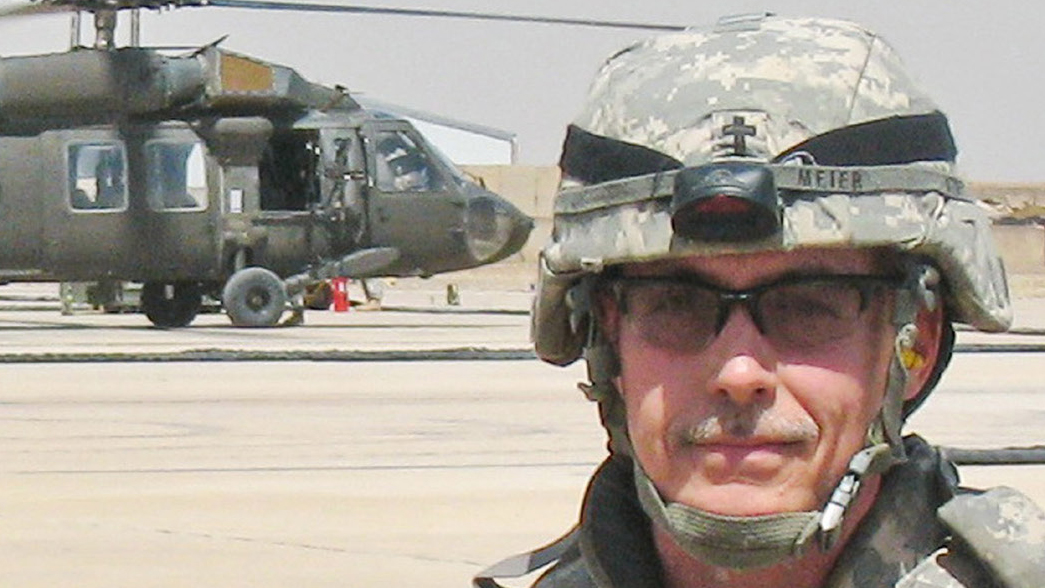
While I was loving my dream job as undergraduate research coordinator and director of the honors program in the Department of Biological Sciences at Stanford University, the Society of Jesus finally called me (14 years after ordination) to the two-summer tertianship program in California beginning in 2005.
During my engagement with the Spiritual Exercises that summer, much to my surprise (or, perhaps, horror), I recognized a call to ministry in and with the military.
God clearly has a sense of humor, I’ve learned.
Whereas I’d been concerned that my having "more degrees than a thermometer" would prove a hindrance to my effectiveness as a military chaplain, my civilian doctorate in molecular neurobiology from Stanford has actually synergized with courses offered by the Department of Pastoral Ministry Training at the U.S. Army Medical Department Center and School to equip me to explain to trauma survivors, their loved ones, and their military buddies what happens in the human brain when a serious threat is perceived. Trauma can occur when our brains perceive an immediate threat to life, liberty, bodily integrity — or core values — regarding ourselves or someone for whom we’re in a relationship of love, responsibility, or care; in the midst of intense negative emotion (terror, horror, revulsion, rage, etc.) and a recognition of powerlessness before the perceived threat.
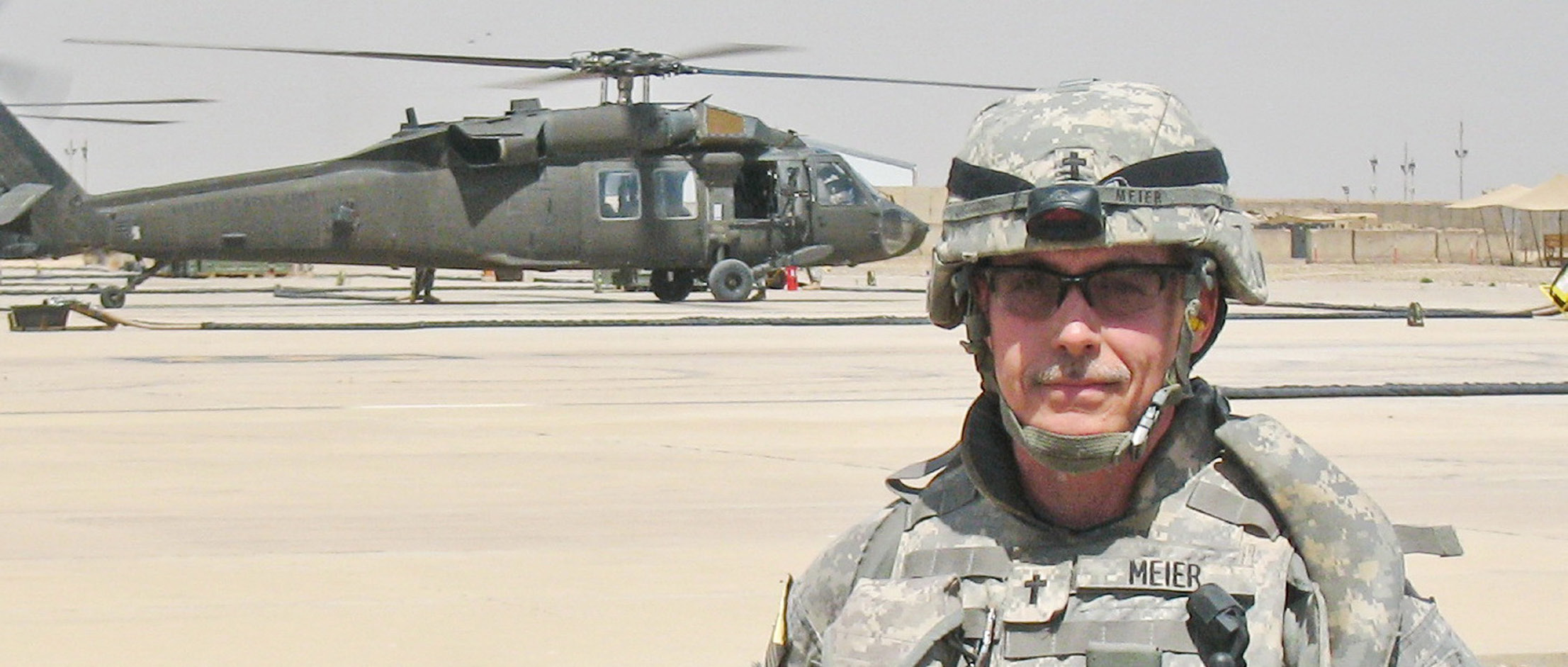
|
| Fr. Timothy Meier, SJ, has served United States military personnel all over the world as a chaplain for 11 years |
Trauma can bring grief, and that grief can become toxic, despite our best efforts. Grief is not a mental illness, though it can certainly feel like one, probably because every new grief brings up every old grief. During the last 11 years of my ministry to military personnel, I’ve come to know too many twenty-somethings who are shouldering more than their fair share of grief.
These days, as I regularly interact in person, by phone, or through other technologies with veterans who are survivors of trauma I could never even have imagined before, I’m honored to have gained the professional, military, and spiritual credibility to be taken seriously by them and to have been invited to accompany them on their journey toward recovery from their own traumatic stress injuries.
Father John O’Malley, SJ, was researching his book The First Jesuits while I lived in his community at the Jesuit Theologate in Cambridge, Massachusetts, in the late 1980s. One phrase he used again and again — “the ministry of consolation” — to describe Jesuit self-understanding in those early decades of the Society of Jesus, has taken on new and deeper meaning in my own Jesuit life since becoming an Army chaplain and embarking on the journey of healing with servicemembers and veterans who have survived trauma.

Return to the Jesuits Magazine Spring 2018 Index
